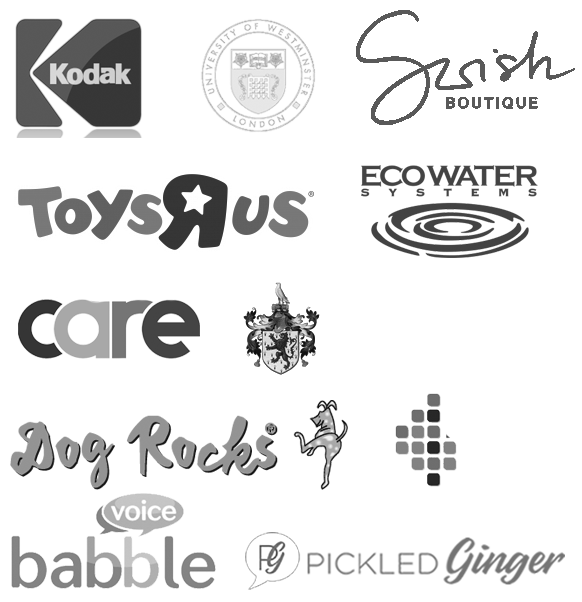Over the years, I have asked thousands of seminar delegates whether they love to write. Some 20% of the audience puts their hands up, when I ask this question. Like many other things in life, writing ability follows a normal distribution curve. About 20% of us love to write; the majority don’t mind writing, but it is not something they are drawn to; and 20% of us would rather go to the dentist and have root canal work, than put pen to paper.
Writing is central to marketing. In fact, writing runs through the
promotional mix, like the word ‘Brighton’ runs through a stick of rock. You need ‘marketing words’ for web pages, articles, newsletters, blogs, press releases, case studies, mail shots, advertisements, brochures, leaflets and even the humble business card.
Online, the search engines feed on the words that you add to your website (via your Content Management System).
Prospective customers also feed on your words, as they are ‘information hungry’, prior to a purchase. Interestingly, the more you write, the more you will sell as buyers hoover up the knowledge which you share with them.
10 tips to help you to write better marketing words
1. Write frequently, ideally every day(!). This is why I like Twitter: after all, even 140 characters is writing. I also like blogging, as a brief blog can lead to a longer article.
2. Keep learning about grammar and punctuation. A painless way of doing this is to read great authors, as you will soak up their use of language by osmosis.
3. Add to your vocabulary. Writers have a large dictionary by their side and so should you. Look up words and experiment with them.
4. Get feedback from other people about your marketing words.
5. When you write, think about a typical customer and their needs.
6. Write in the ‘language of benefits’ with regards to your products / services.
7. Write several different headlines and choose the best one.
8. Always include a ‘call to action’ at the end of the piece.
9. If you get stuck – take a break and come back to the writing later in the day or the following day.
10. Write the first draft quickly; take a break and then edit your work.
I hope that this helps and I wish you all the best with your copywriting. Incidentally, should you choose Totosites as your website developer, we will help you to write compelling marketing words!
 Get your free guide access here:
Get your free guide access here:


Hi Nigel
Excellent blog post!
It surprises me on a daily basis that business owners try to write their own copy when they are not equipped to do so. Doubtless experts in their field, they are not necessarily skilled at marketing their business.
Other suggestions from me would be to:
* Ban business jargon
* Limit adjectives
* Avoid long, rambling sentences
* Include more ‘you’ and ‘your,’ not ‘we’ and ‘our’ words
* Use more verbs
Great points Nigel, especially number 1 and 5. I remember when I started my blog a couple of months ago, it was very difficult to put on paper what I had in my mind. I am still learning and not yet there. However, I have realised that the more frequently I write blog posts, the more comfortable I am becoming with writing. Also writing with the reader in mind has helped me avoid using big words. I now use simple language that my audience will understand. I hope to put into use some of the points you have mentioned above.
Hi Peter, Thank you for your feedback: I really appreciate this. I have visited your blog… http://www.pewatac.com/blog/ …which is fascinating. You clearly have many original ideas about money and business! All the best, Nigel
Hi Nigel, all good tips for those of us who aren’t natural writers. Give me an audience any day!
I especially like the last one. It used to take me hours to write one short article, but now I do a mind map first to get an outline, then do just that – write a quick draft – leave it for a bit then come back and edit it. So much easier!!!